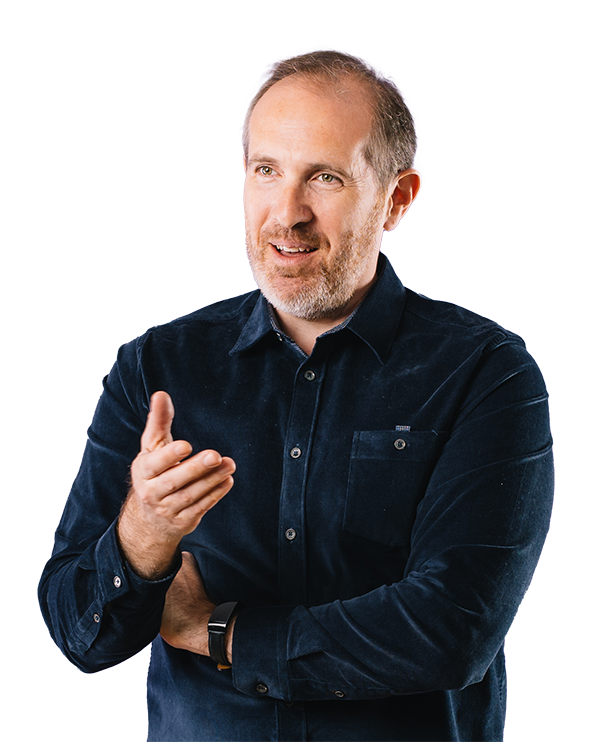IELTS Listening: Spelling test 8
Here’s another spelling test. See if you can write all 10 words without making a mistake.
Reading Advice: Go deeper, learn more
Every reading exercise is also an opportunity to learn more about the English language.
IELTS Writing Task 2: ‘Friends and opinions’ paragraph 3
Can you add a personal example to finish my paragraph?
IELTS Advice: Stay 100% on-topic
In both the IELTS writing and IELTS speaking tests, you must stay 100% on-topic.
Writing Task 1: ‘Population ages’ pie charts
Read the model report and answer the study questions below it.
General Writing Task 1: ‘University offer’ task
You received a letter offering you a place on your chosen university course, and you must respond to accept the offer.
IELTS Speaking Part 2: Summer holiday
Let’s invent an answer together for the following task: Describe a summer holiday that you enjoyed.
IELTS Listening: Youth centre (matching exercise)
Listen to a short description of a youth centre called ‘Horizon’, then try today’s matching exercise.
IELTS Reading: ‘CBT’ paragraph headings
Try today’s paragraph headings exercise about ‘Cognitive Behavioural Therapy’.
IELTS Writing Task 2: Staying on-topic
In this lesson we compare a paragraph that stays on-topic with two sentences that go off-topic.
IELTS Advice: The right mindset
It seems to me that too many students have a “grammar mindset”.
Writing Task 1: ‘Languages’ tables
Read the model report and answer the analysis questions below it.
General Writing Task 1: A bit more natural
Compare the students’ sentences with my versions, which are a bit more natural.
IELTS Speaking Part 1: ‘Summer’ topic
Here are some more part 1 questions and model answers. How would you answer question 4?
IELTS Listening: Hotel booking gap-fill
Listen to a description of a hotel booking, and fill the gaps in the sentences below it.
IELTS Reading: ‘Nocturnal animals’ gap-fill
Complete the summary by choosing the correct words from the list below it.
IELTS Writing Task 2: ‘Friends and opinions’ paragraph
In this lesson, you’ll see how I turn a plan into a full paragraph.
IELTS Advice: If you’re worrying
Remember: you can never be 100% prepared for any exam.
Academic Writing Task 1: Using the word ‘rise’
Here’s a quick exercise to see whether you can use different forms of the same word.
General Writing Task 1: ‘Saying no to a friend’ answer
Here’s my band 9 answer for the ‘saying no to a friend’ task. It contains some excellent phrases.
IELTS Speaking Part 1: ‘Health’ topic
Here are some part 1 questions and model answers on the topic of ‘health’.
IELTS Listening: Journalism (multiple choice)
Listen to a short talk about the changing face of journalism in recent years, and answer the multiple choice questions.
IELTS Reading: ‘Thomas Edison’ paragraph heading
Try today’s quick paragraph headings exercise.
IELTS Writing Task 2: ‘Friends and opinions’ paraphrasing
Can you write a one-sentence conclusion that contains paraphrasing?
Using ChatGPT to correct grammar
You don’t really need a teacher to check your grammar these days. ChatGPT can do that for you. Let’s look at an example.
Writing Task 1: ‘Modes of travel’ table
This model answer is a good example of how to ‘select’ and ‘group’ data when there is a lot of information.
General Writing Task 1: ‘Saying no to a friend’ part 3
Can you finish the final paragraph in this letter task?
IELTS Speaking Part 3: Photos
Here are some part 3 questions and band 9 sample answers on the topic of ‘photos’.
IELTS Listening: Homophones 3
Here’s one more exercise to test your spelling of some common homophones.
IELTS Reading: Talent (T, F, NG)
Try today’s ‘true, false, not given’ exercise.

